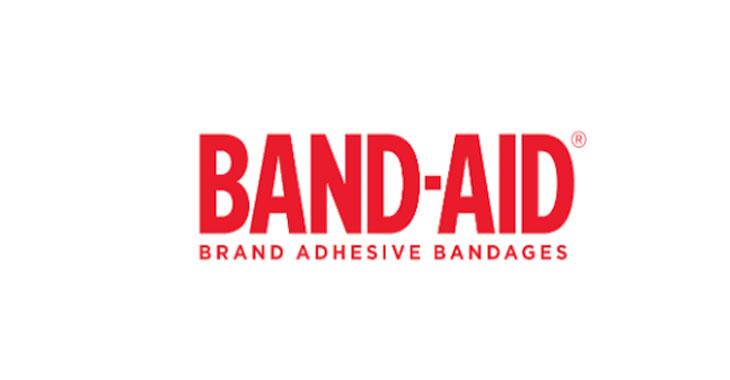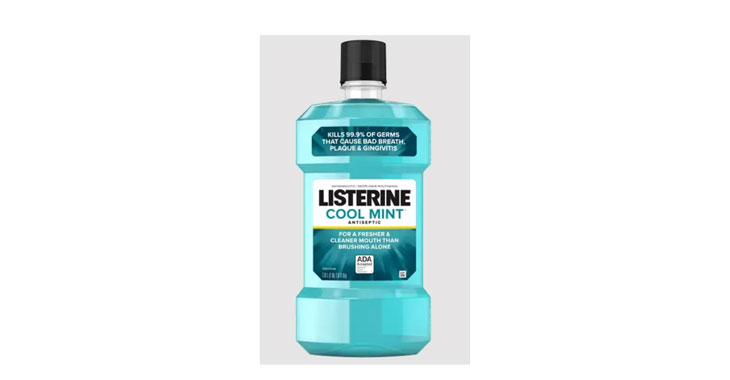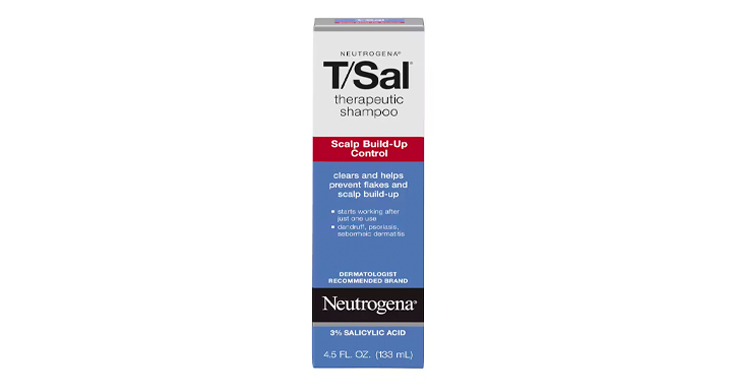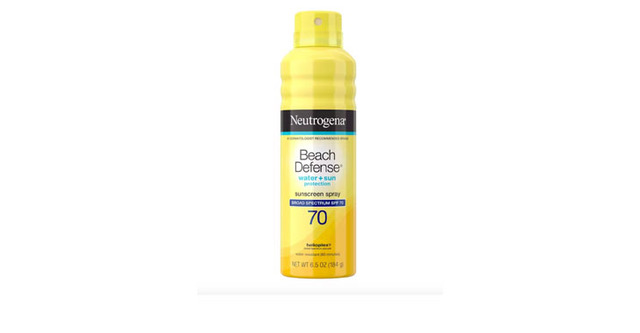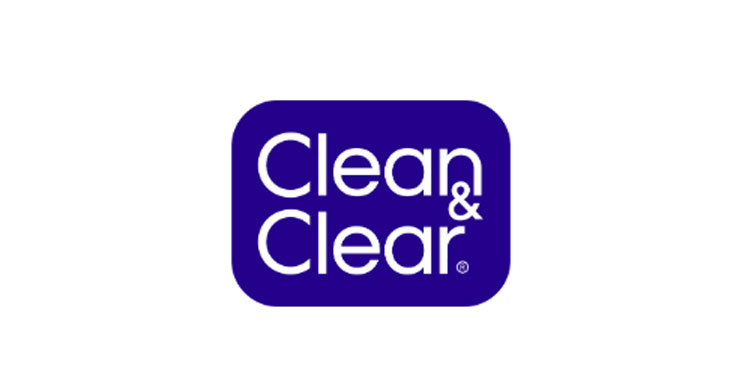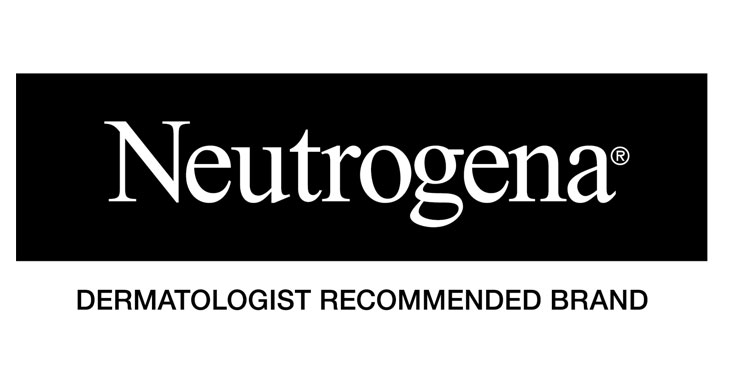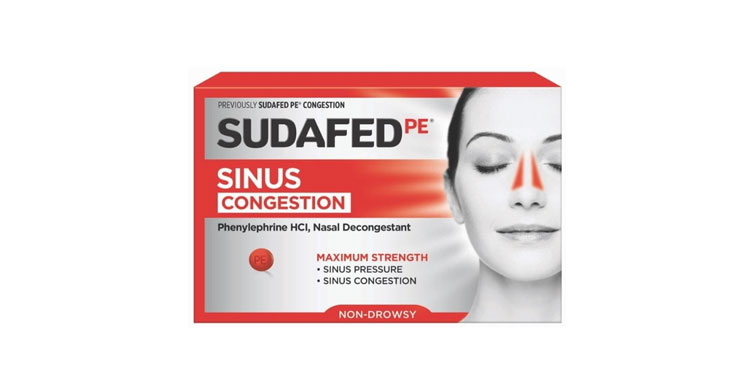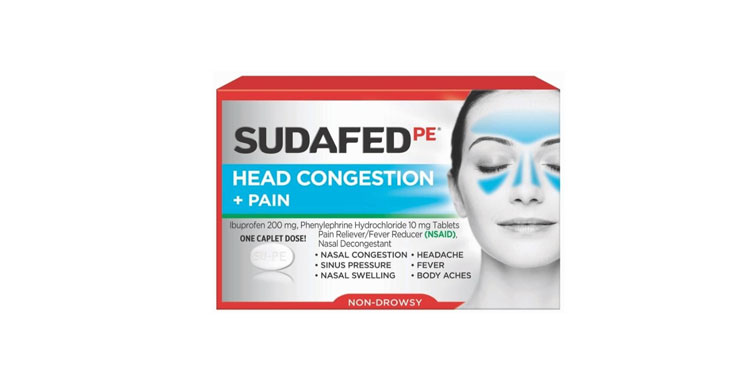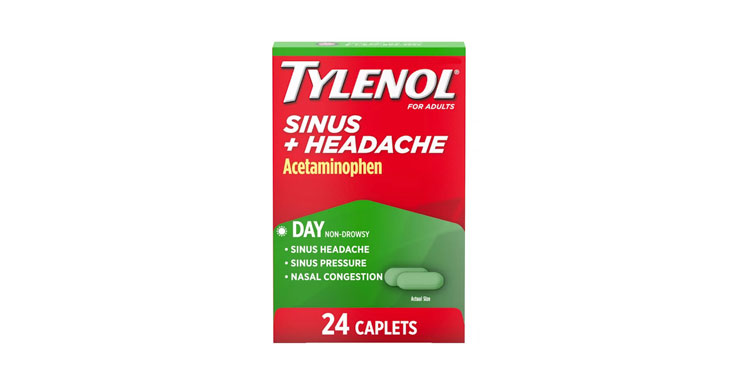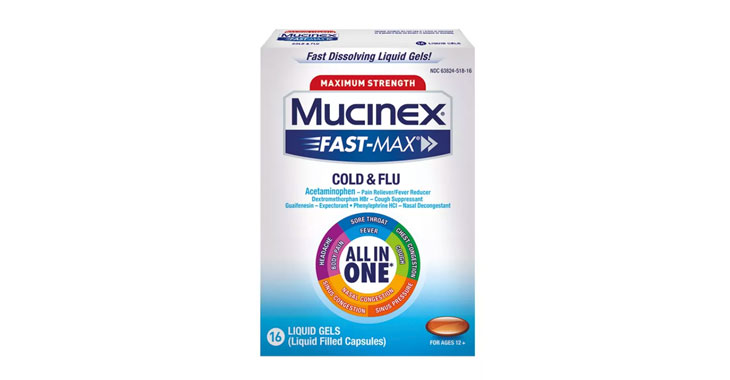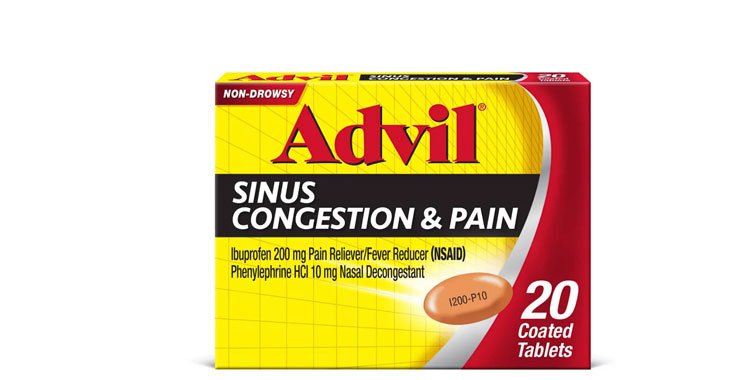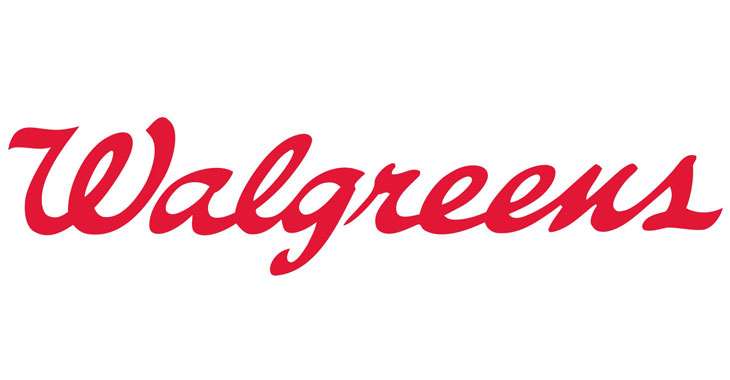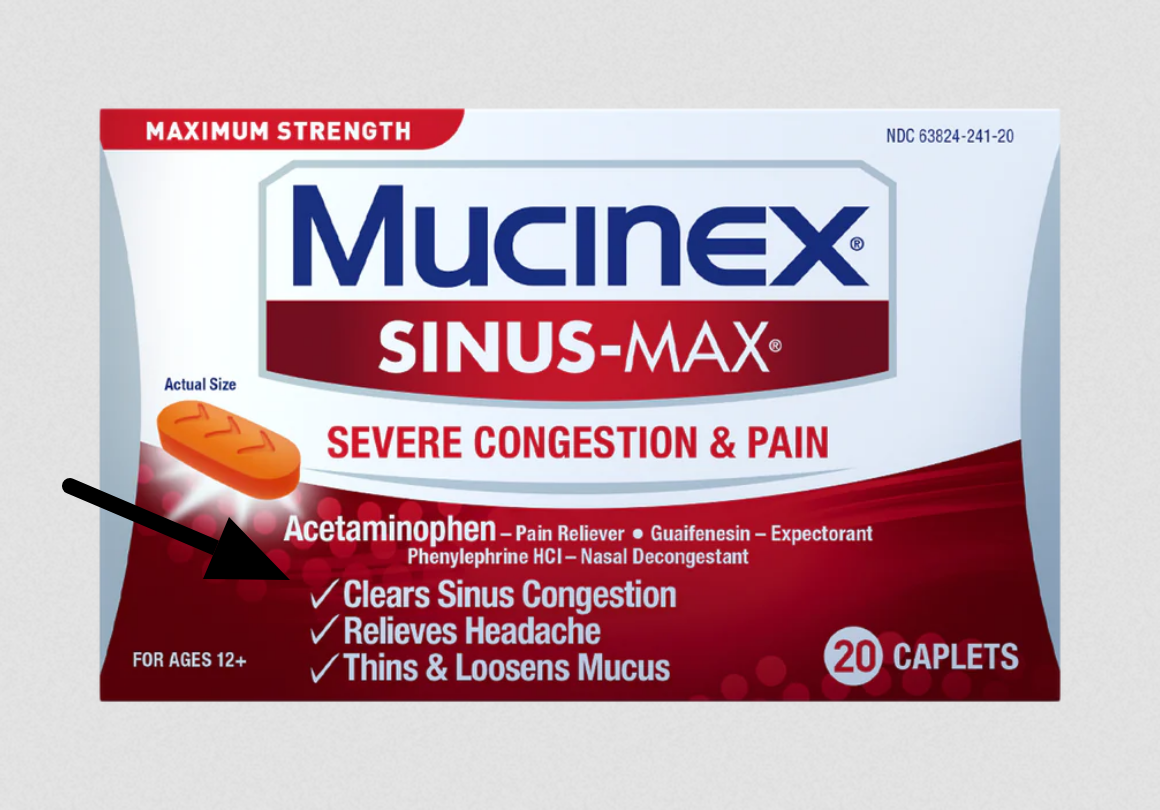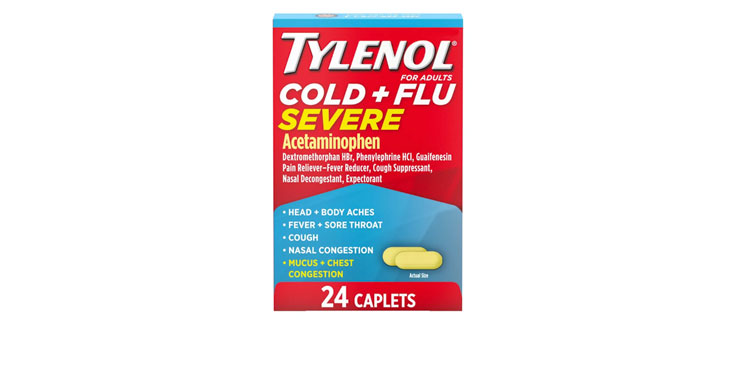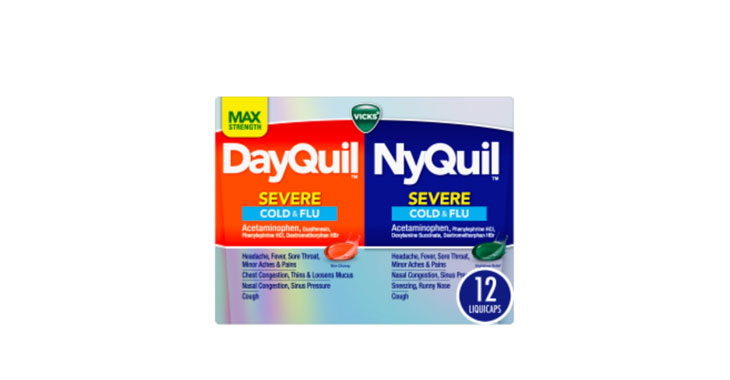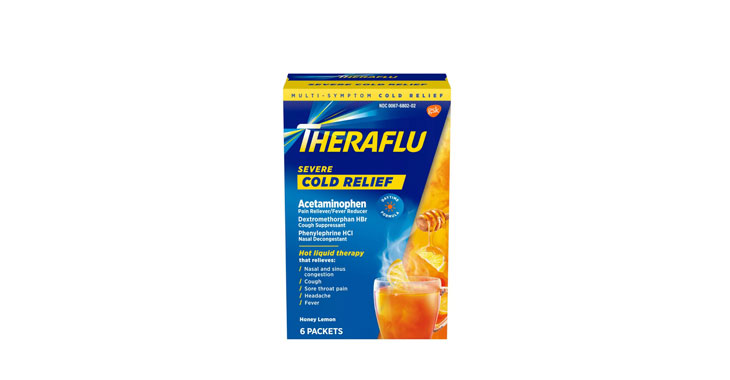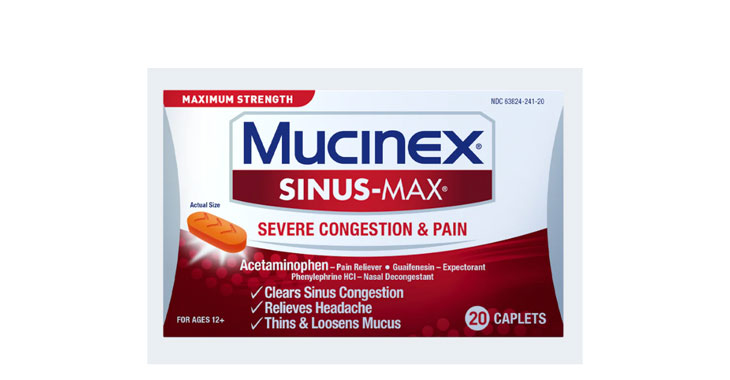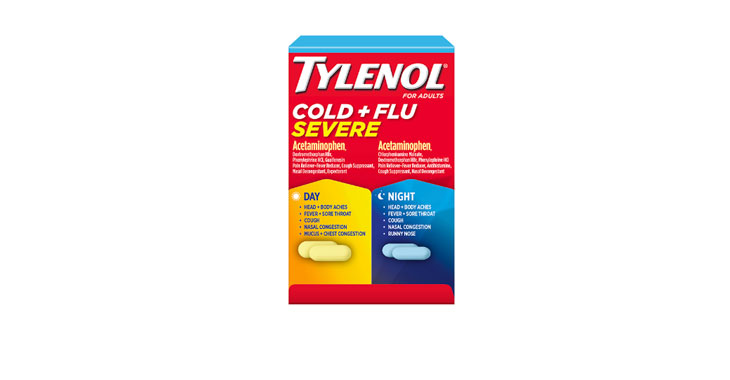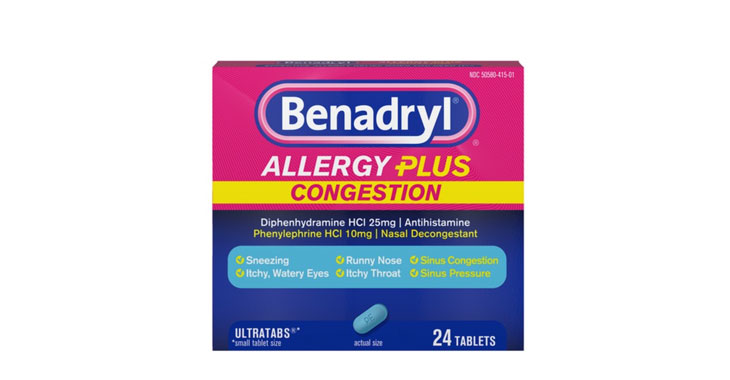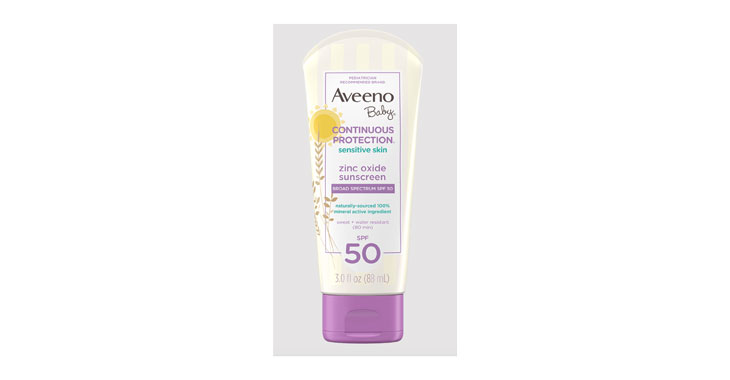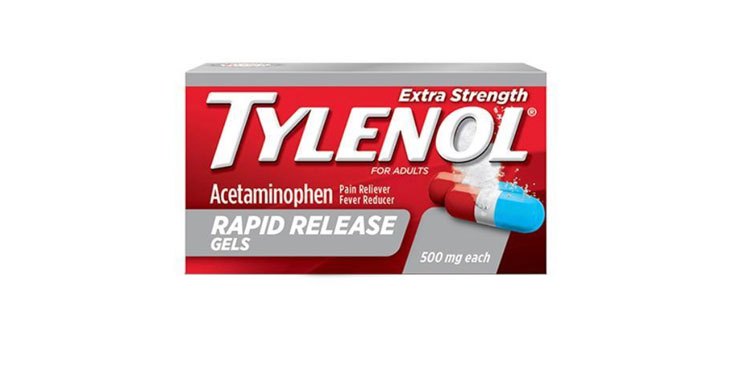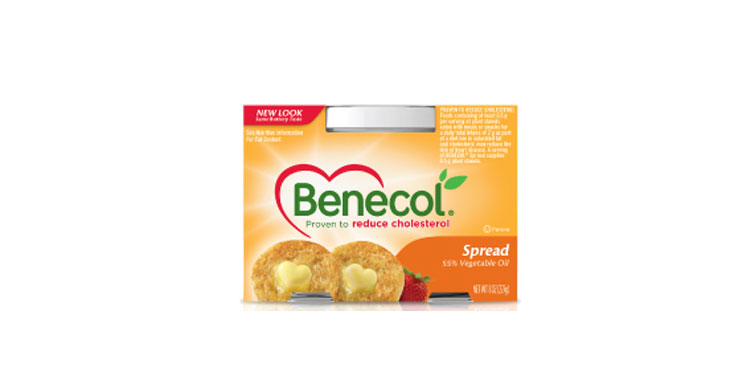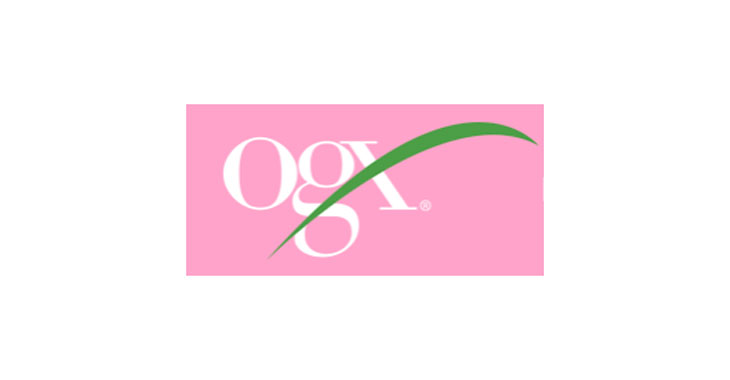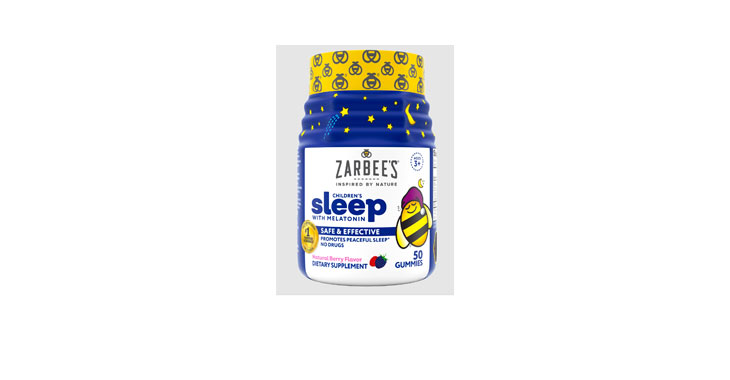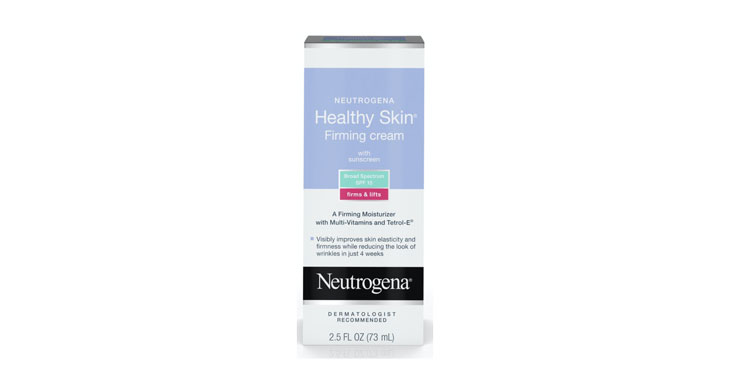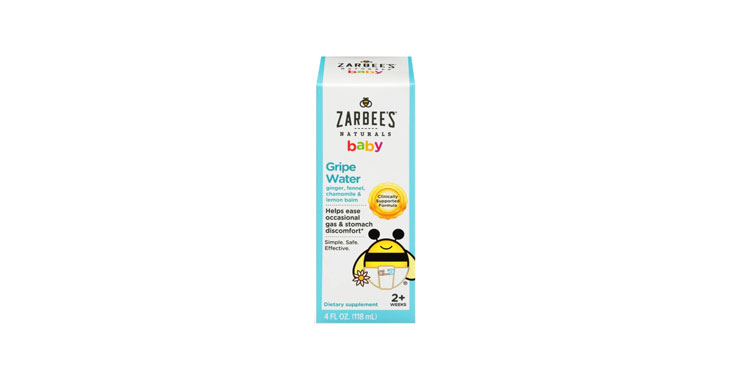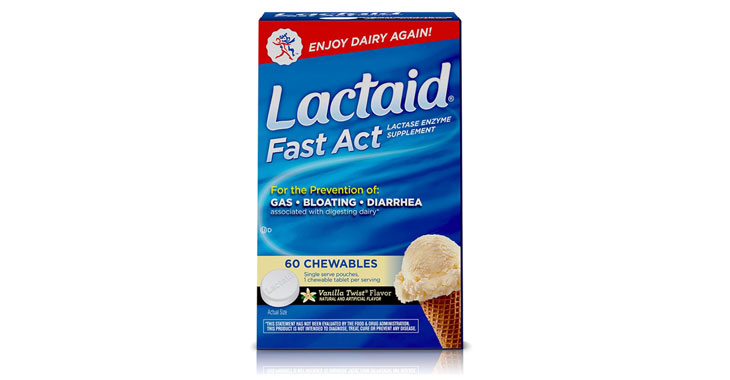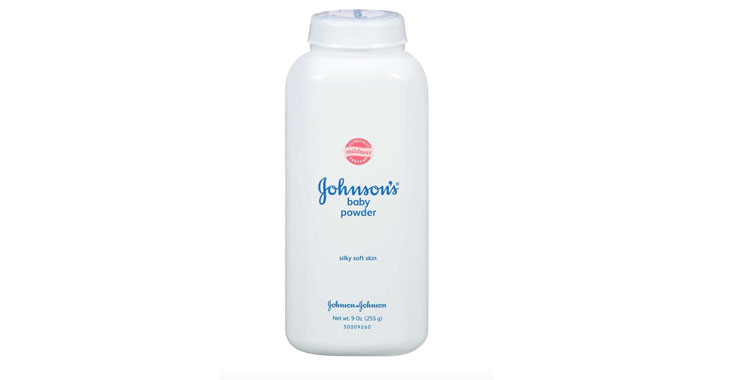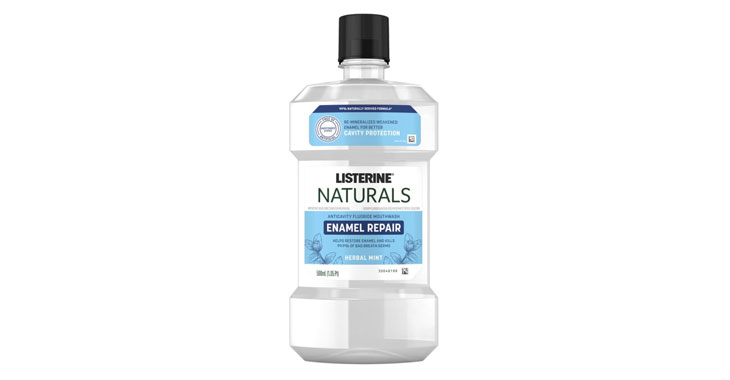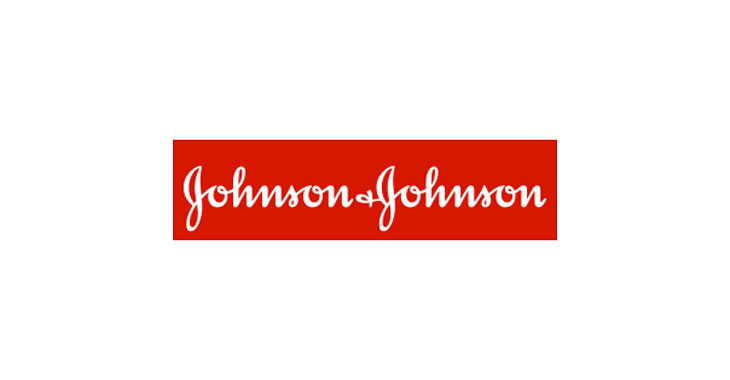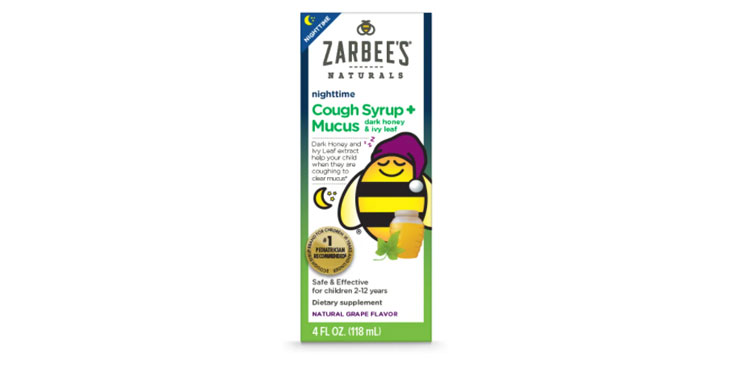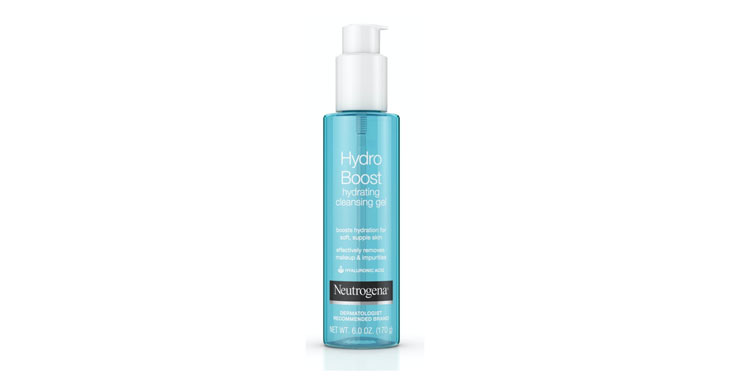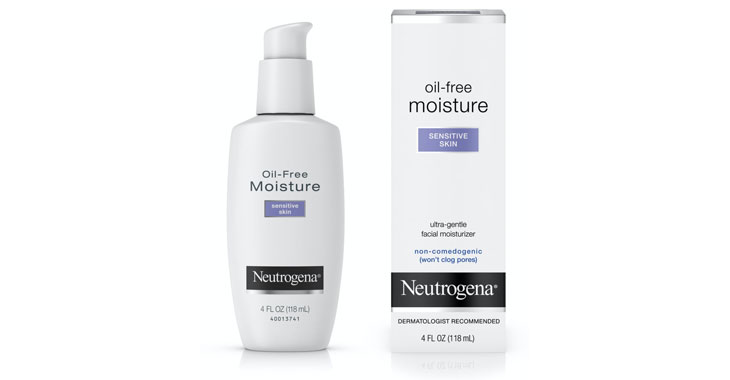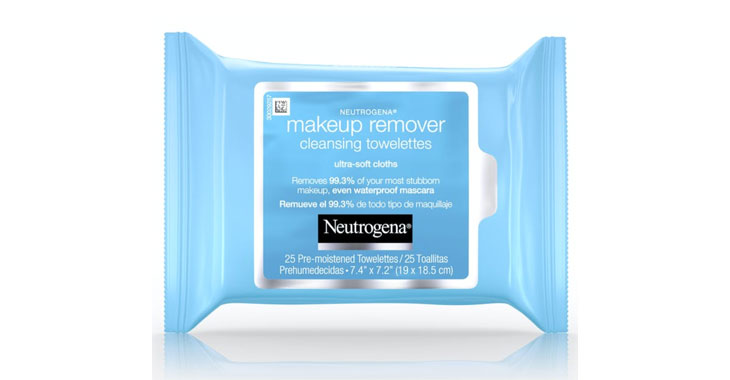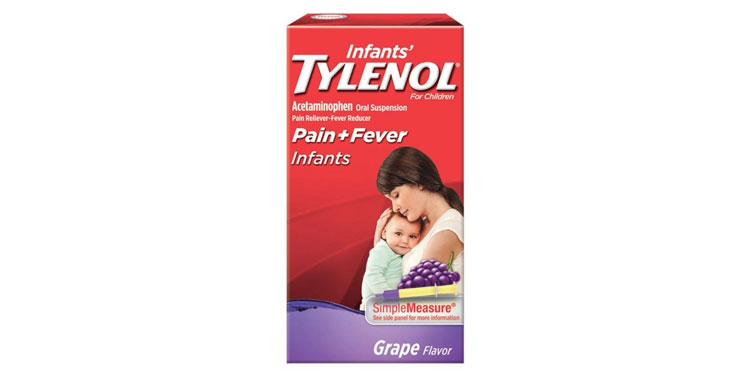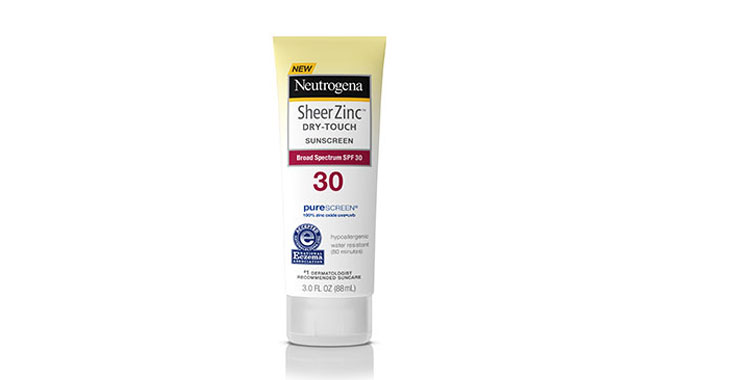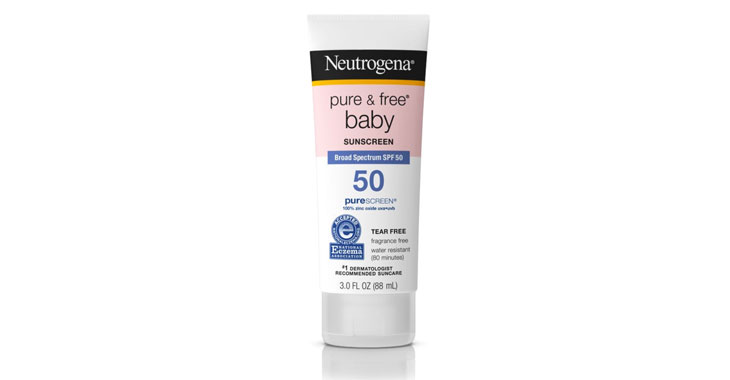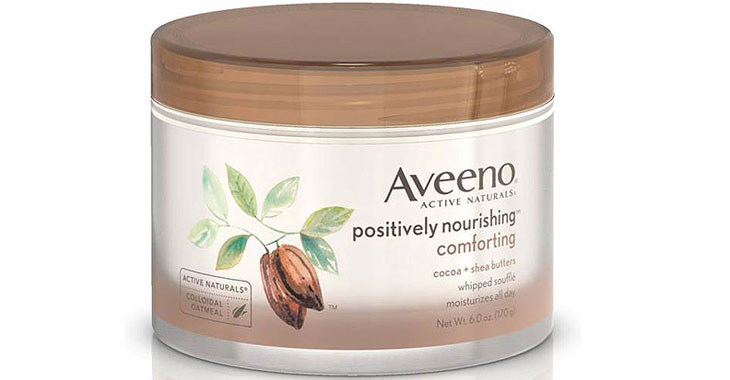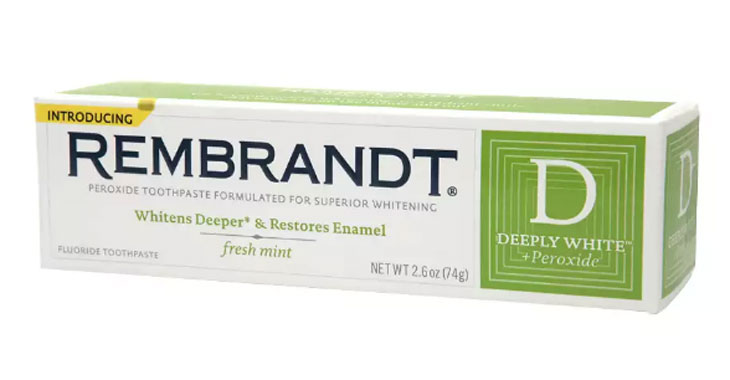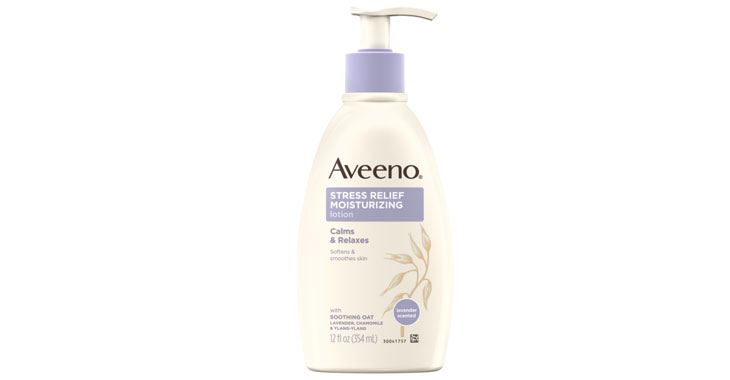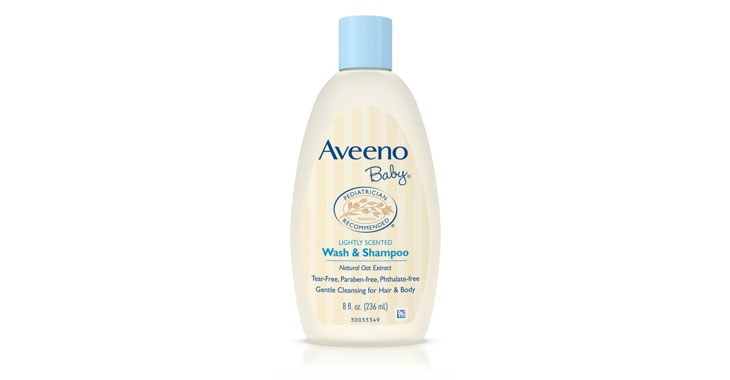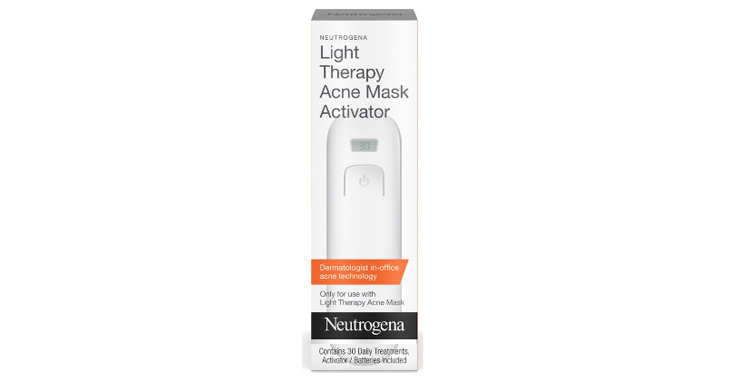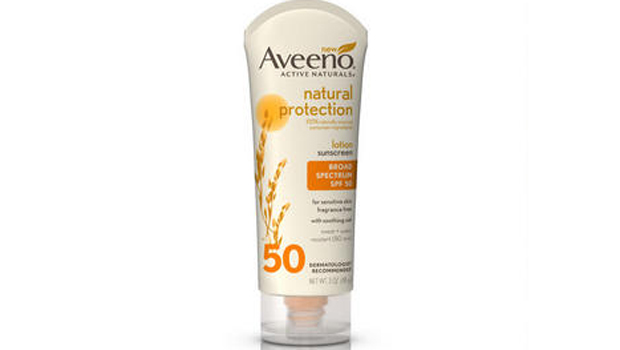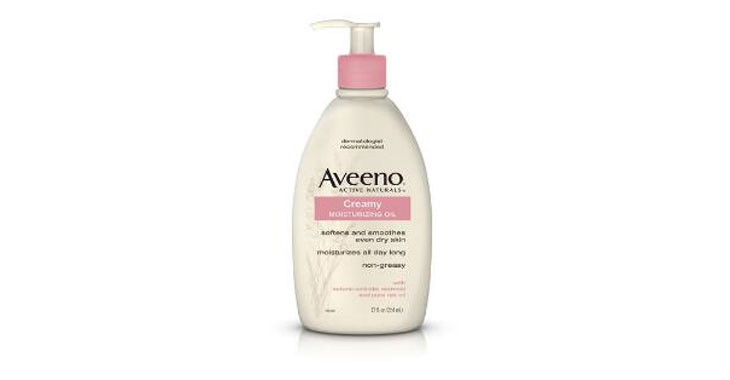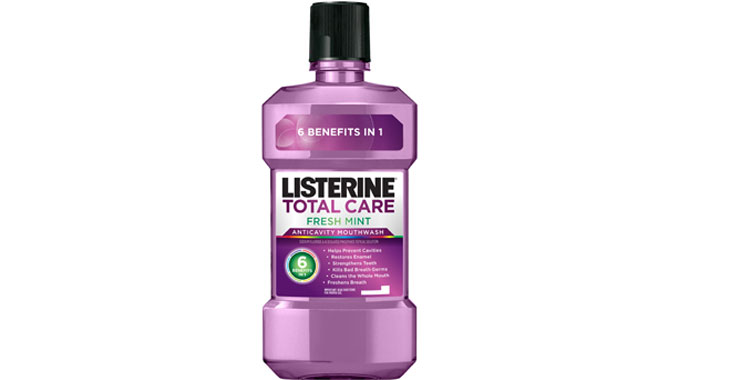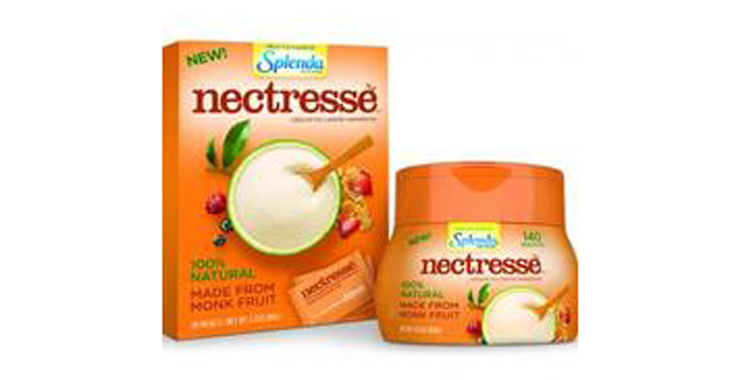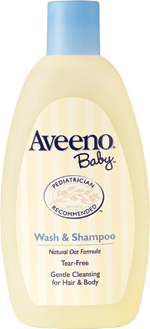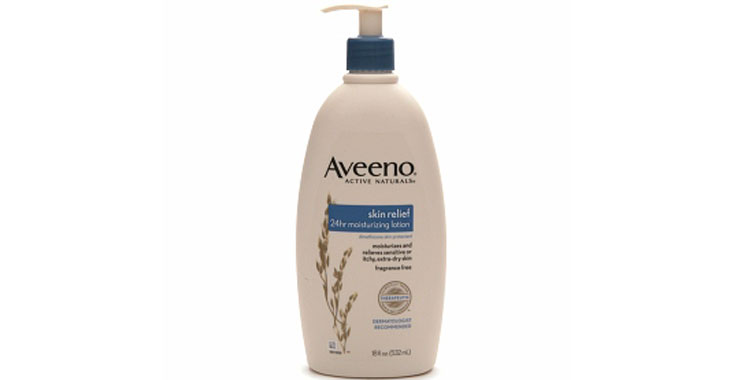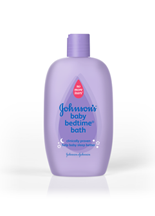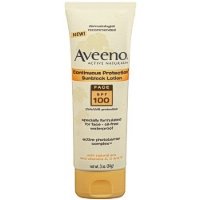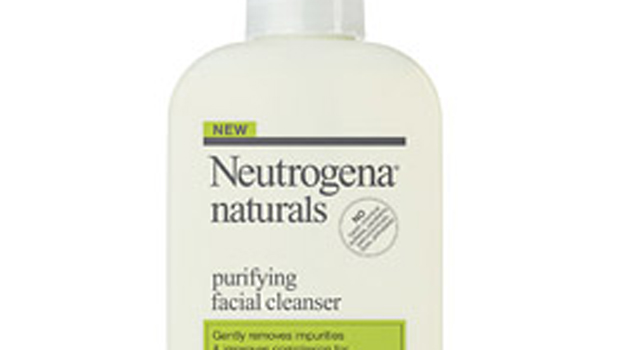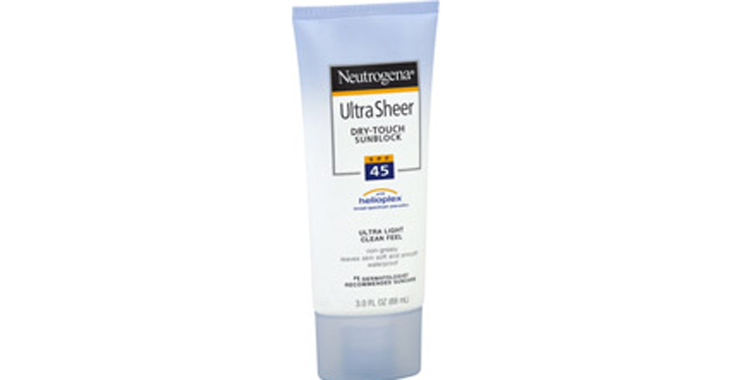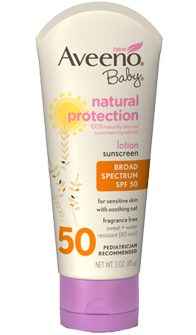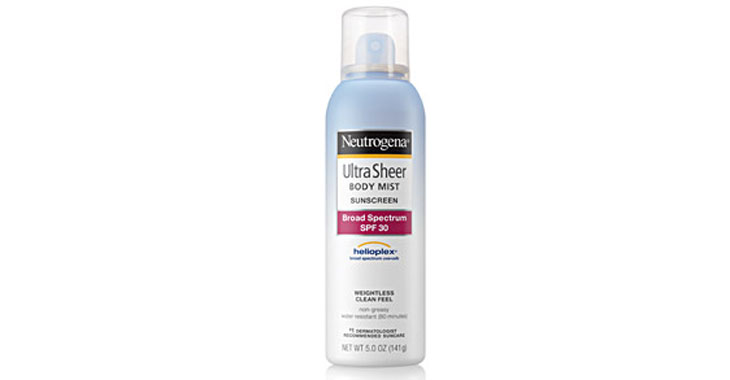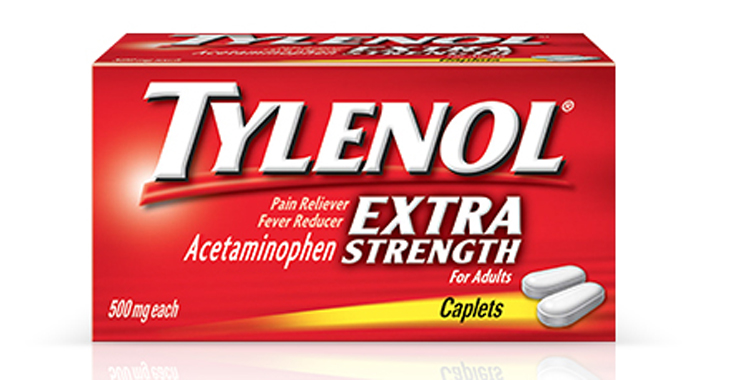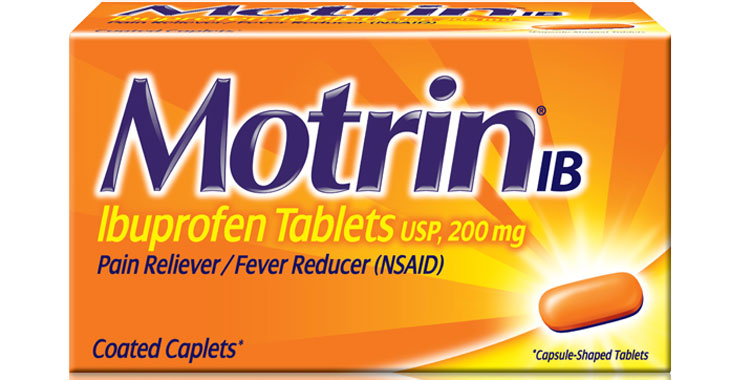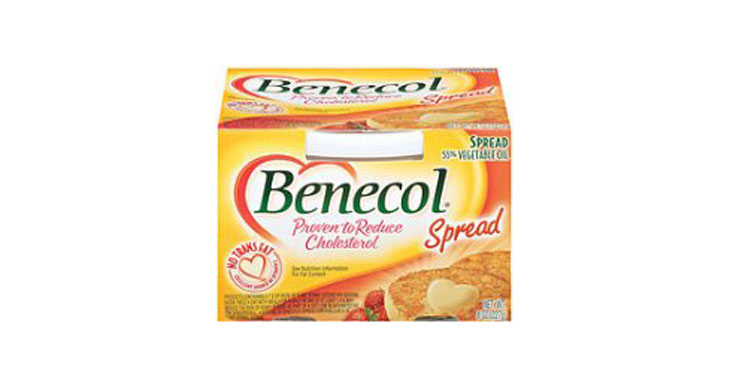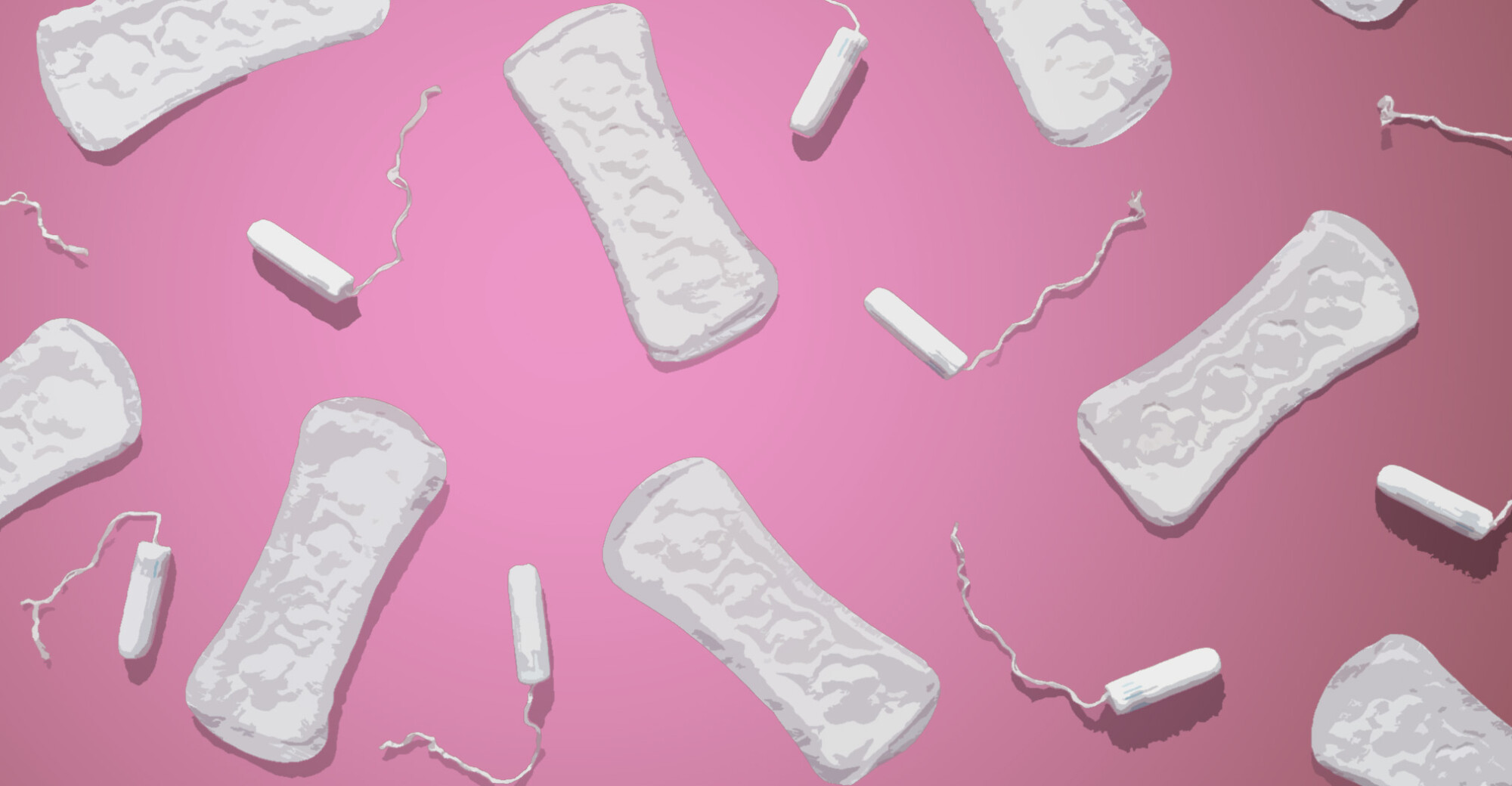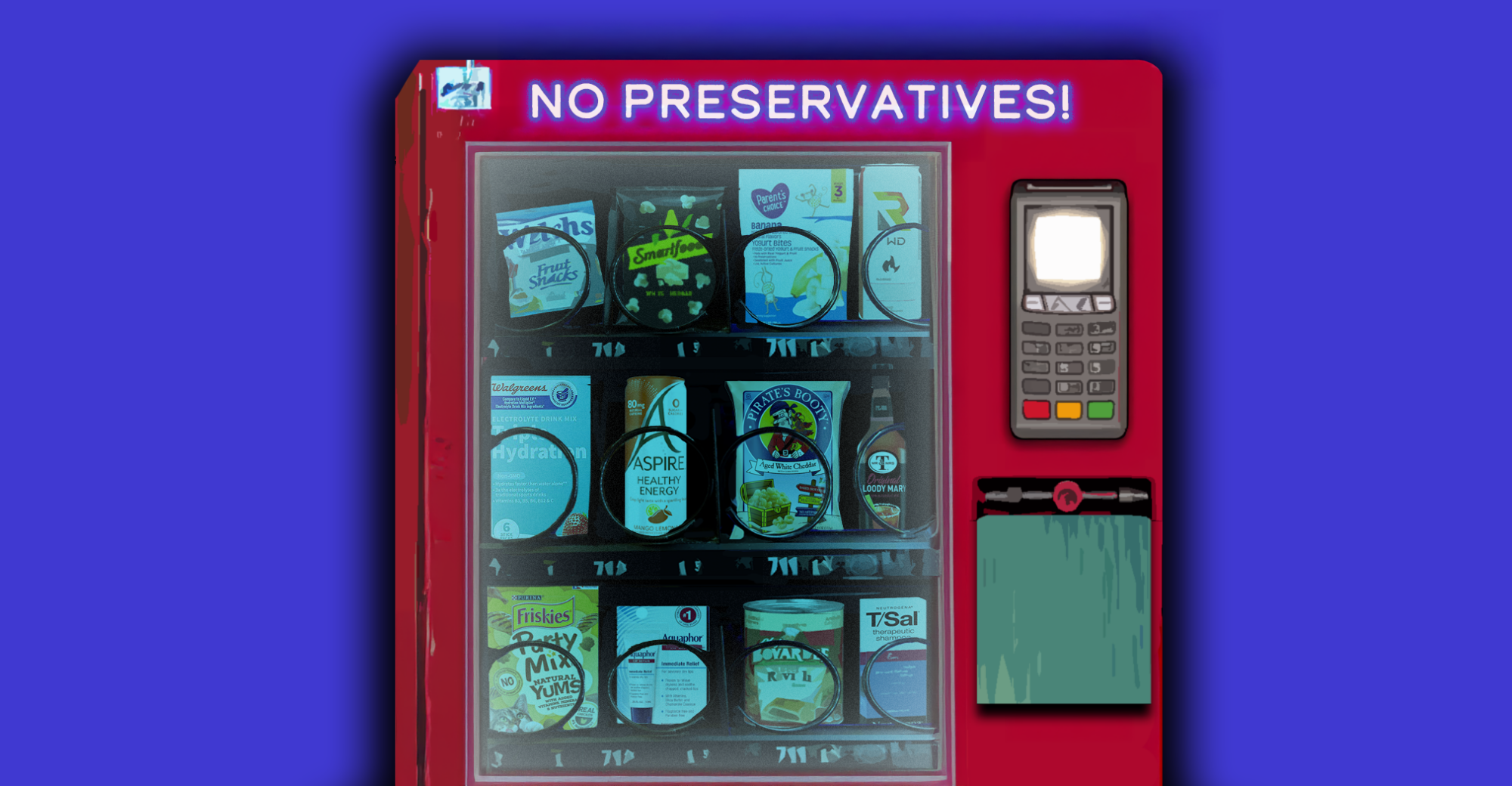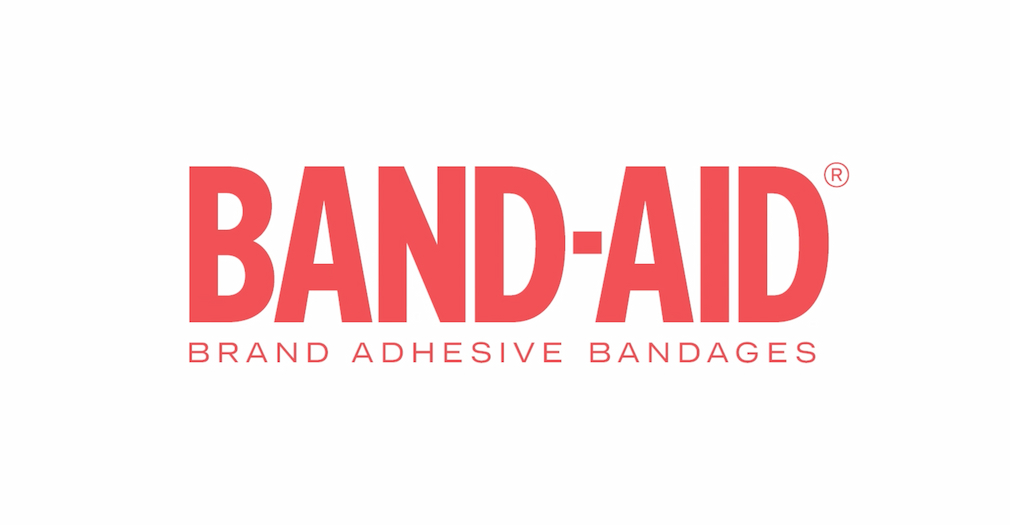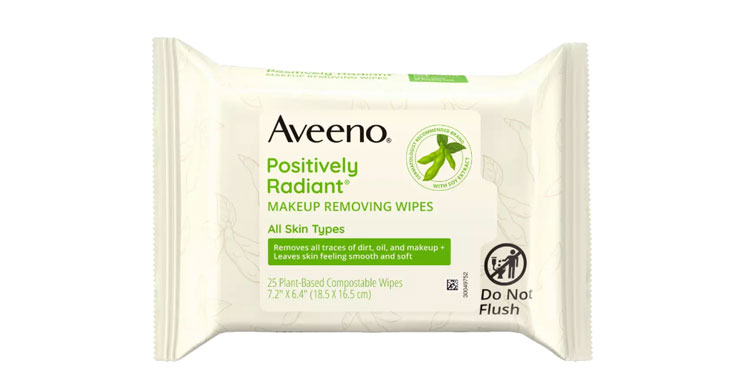
Aveeno Makeup Removing Wipes
Allegations: Falsely marketing products as 100% plant-based when they contain synthetic, non-plant ingredients
January 2017: A federal judge granted final approval of the settlement. (Leiner et al v. Johnson & Johnson Consumer Companies, Inc., Case No. 15-cv-5876, N. D. IL.)
August 2016: After an amended complaint was filed in the Leiner case, a settlement (which will resolve the Leiner, Real, Hidalgo, and Gallagher actions) was preliminarily approved. According to the settlement terms, class members may receive $3 for each product purchased. Class members without proof of purchase may recover for up to five products while class members with proof of purchase may recover for up to ten products purchased. In addition, Johnson and Johnson agreed to continue including language referencing a baby’s routine (e.g., “routine helps baby fall asleep faster and stay asleep longer”) near any clinically proven language. A final fairness hearing is scheduled for January 18, 2017.
July 2015: Four class-action lawsuits were filed against Johnson & Johnson for allegedly falsely marketing its bedtime products. The complaints allege that the company deceptively markets Johnson’s® Bedtime® Bath and Johnson’s® Bedtime® Lotion as “clinically proven” to help a baby sleep better without having any studies to support such claims. To read the complaint in each case, click on the case information below.
For more information about other class-action lawsuits filed against Johnson & Johnson and TINA.org’s coverage of the company, click here.
Allegations: Falsely marketing products as 100% plant-based when they contain synthetic, non-plant ingredients
Allegations: Misleadingly marketing products as safe, healthy, made with the “best ingredients,” environmentally friendly, and committed to the health of consumers, communities and the planet
Allegations: Falsely marketing products as plant based
Allegations: Failing to warn consumers that regularly using the product causes the proliferation of certain cancer-causing bacteria
Allegations: Falsely marketing products as “Preservative-Free”
Allegations: Failing to disclose products contain the carcinogen benzene
Allegations: Misleadingly representing that products were safe when they contained, or were at risk of containing, the carcinogen benzene
Allegations: Failing to disclose that products contain high levels of the carcinogen benzene
Allegations: Falsely marketing that phenylephrine products treat congestion and other cold and flu symptoms
Allegations: Falsely marketing that phenylephrine products treat congestion and other cold and flu symptoms
Allegations: Falsely marketing that medicines treat congestion and other sinus issues
Allegations: Falsely marketing that phenylephrine products treat nasal congestion
Allegations: Falsely marketing that phenylephrine products treat nasal congestion
Allegations: Falsely marketing that medicines treat nasal congestion
Allegations: Falsely marketing that medicines are decongestants
Allegations: Falsely marketing the products treat nasal congestion
Allegations: Falsely advertising sunscreens as waterproof
Allegations: Falsely marketing that medicines treat nasal congestion
Allegations: Falsely marketing medicines as decongestants
Allegations: Falsely marketing that medicines treat congestion
Allegations: Falsely marketing that products treat nasal congestion
Allegations: Falsely marketing that medicines treat congestion
Allegations: Falsely marketing products as decongestants
Allegations: Falsely marketing medicines as nasal decongestants
Allegations: Falsely marketing that medicines treat congestion
Allegations: Falsely marketing that medicines treat congestion
Allegations: Falsely marketing that medicines relieve nasal congestion and sinus pressure
Allegations: Falsely marketing medicines as nasal decongestants
Allegations: Falsely marketing that phenylephrine products treat congestion and other cold and flu symptoms
Allegations: Falsely marketing that medicines relieve nasal congestion
Allegations: Falsely marketing medicines as decongestants
Allegations: Falsely marketing products as decongestants
Allegations: Falsely marketing medicines as decongestants
Allegations: Falsely marketing that medicines treat nasal congestion
Allegations: Falsely marketing that medicines treat congestion
Allegations: Falsely marketing that medicines treat nasal congestion
Allegations: Falsely marketing that medicines treat nasal decongestion
Allegations: Falsely marketing that medicines treat sinus pressure and nasal congestion
Allegations: Falsely marketing that medicines treat congestion and other sinus issues
Allegations: Falsely marketing that medicines treat nasal decongestion
Allegations: Misleadingly marketing products as specially made for babies when they contain the same formulation as the adult versions
Allegations: Falsely advertising that products provide faster relief than other acetaminophen products
Allegations: Misleadingly labeling products as containing no trans fats and being safe for human consumption when the spreads contain partially hydrogenated oils, which are trans fats that increase the risk…
Allegations: Failing to disclose products contain the carcinogen benzene
Allegations: Products contain more melatonin than advertised
Allegations: Misleadingly marketing medicines as “non-drowsy” when an ingredient in them causes drowsiness
Allegations: Marketing products as safe without disclosing that they contain a harmful heavy metal
Allegations: Failing to disclose products contain the carcinogen benzophenone
Allegations: Misleadingly marketing that products “help[] ease occasional gas & stomach discomfort” associated with colic and hiccups in newborns when none of the ingredients have been shown to provide the…
Allegations: Misleadingly marketing that Tylenol rapid release products work faster than other products when they don’t
Allegations: Failing to disclose products contain the carcinogen benzophenone
Allegations: Falsely representing that products smooth, nourish, soften, repair and revive hair without disclosing that ingredients in the products cause significant hair loss and irritate the scalp
Allegations: Misleadingly marketing products will smooth, nourish, soften, repair and revive hair without disclosing that they contain an ingredient – DMDM hydantoin – that causes hair loss and scalp irritation
Allegations: Misleadingly advertising that supplements prevent, treat, cure and mitigate lactose intolerance without FDA approval to make such claims
Allegations: Failing to disclose sunscreens contain the carcinogen benzene
Allegations: Failing to adequately disclose that powders contain a dangerous ingredient
Allegations: Failing to disclose sunscreens contain the carcinogen benzene
Allegations: False natural claims
Allegations: Failing to disclose sunscreens contain the carcinogen benzene
Allegations: Falsely marketing the products are safe and “free of asbestos”
Allegations: False natural and chemical-free claims
A deceptive marketing trend takes root.
How negative feelings surrounding menstruation have influenced period product marketing.
Class-action lawsuits target preservative-free claims.
Some class-action settlements that left consumers behind.
Lawsuit alleges environmental claims don’t stick.
